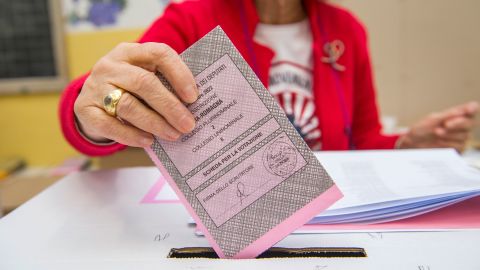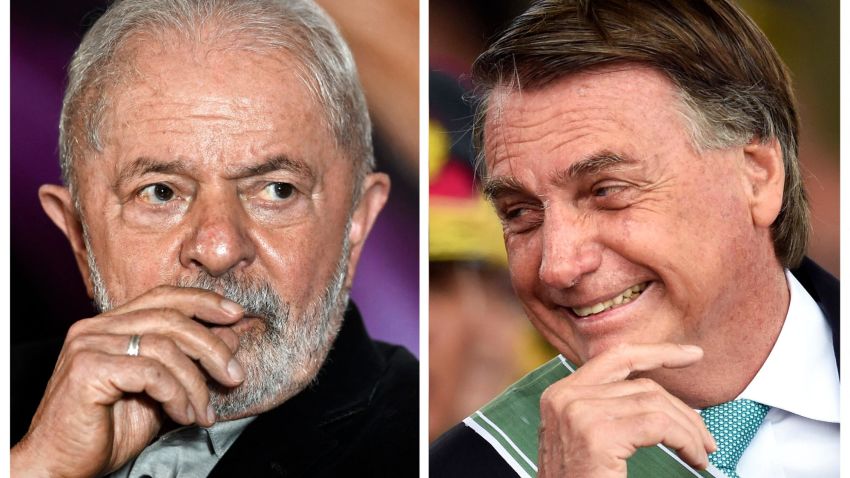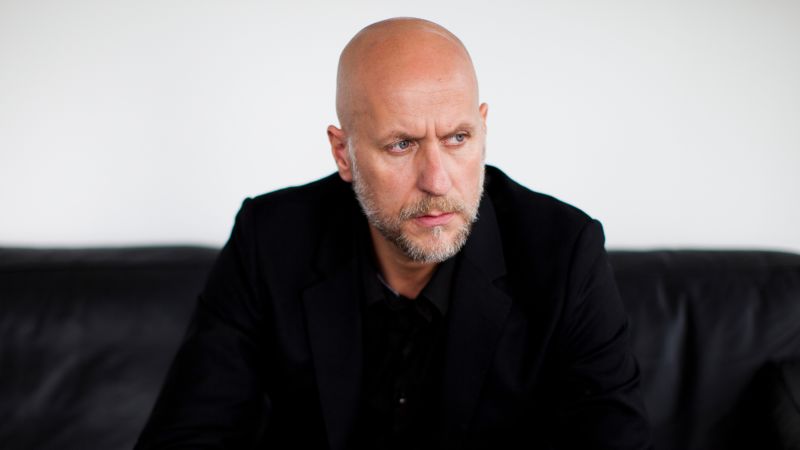CNN —
George Washington knew when to cede power. But many of today’s global leaders find it much harder to leave the stage — and could do with a dose of the first US President’s humility.
Some have no desire to quit. Others are desperate to claw back the clout they once had. The result is an era of stasis in already repressive nations like Russia and China, and déjà vu in democracies where ex-leaders seem to be putting narcissistic considerations above national interests.
“I will probably have to do it again,” said former President Donald Trump — he of the two impeachments and the US Capitol insurrection — to supporters baying for a second term this weekend. Boris Johnson (once referred to as “Britain Trump” by the ex-POTUS) just mounted his own comeback bid and failed —though anyone who thinks he’s given up on emulating his hero Winston Churchill, who returned as Prime Minister six years after losing the 1945 election, is surely mistaken.
Democracy is hanging by a thread in Brazil, where President Jair Bolsonaro has hinted he may not accept defeat in his quest for a second term in this weekend’s run-off vote. His rival is another retread — Luiz Inácio Lula da Silva, the former two-time president known as “Lula” whose return to the spotlight detoured through a partial jail term (his conviction was later annulled).

Some of the current comeback kids have been on the world stage since the 1990s. In Italy, three-time former Prime Minister Silvio Berlusconi is back in parliament after a tax fraud scandal, though his attempt to play kingmaker in coalition talks dissolved after he boasted about his ties with old friend Russian President Vladimir Putin. Another scandal-prone leader trying to recapture past glories is Benjamin Netanyahu, who served so long as prime minister that they dubbed him “King Bibi.” He is leading in the polls ahead of yet another Israeli general election.
Of course, one alternative to making a comeback is never going away. Putin himself has been in power since December 31, 1999 — though had to spin a scam in which he was “demoted” to prime minister for a number of years as the power behind the throne before returning as President. And in China, Xi Jinping just cemented a norm-busting third term in office.
Exhausted after two terms, and disillusioned by bitter, partisan politics, Washington passed on a third term in office in 1796. He told Americans that he was “persuaded, whatever partiality may be retained for my services, that in the present circumstances of our country you will not disapprove my determination to retire.”
Not words you hear very often these days.







 English (US) ·
English (US) ·